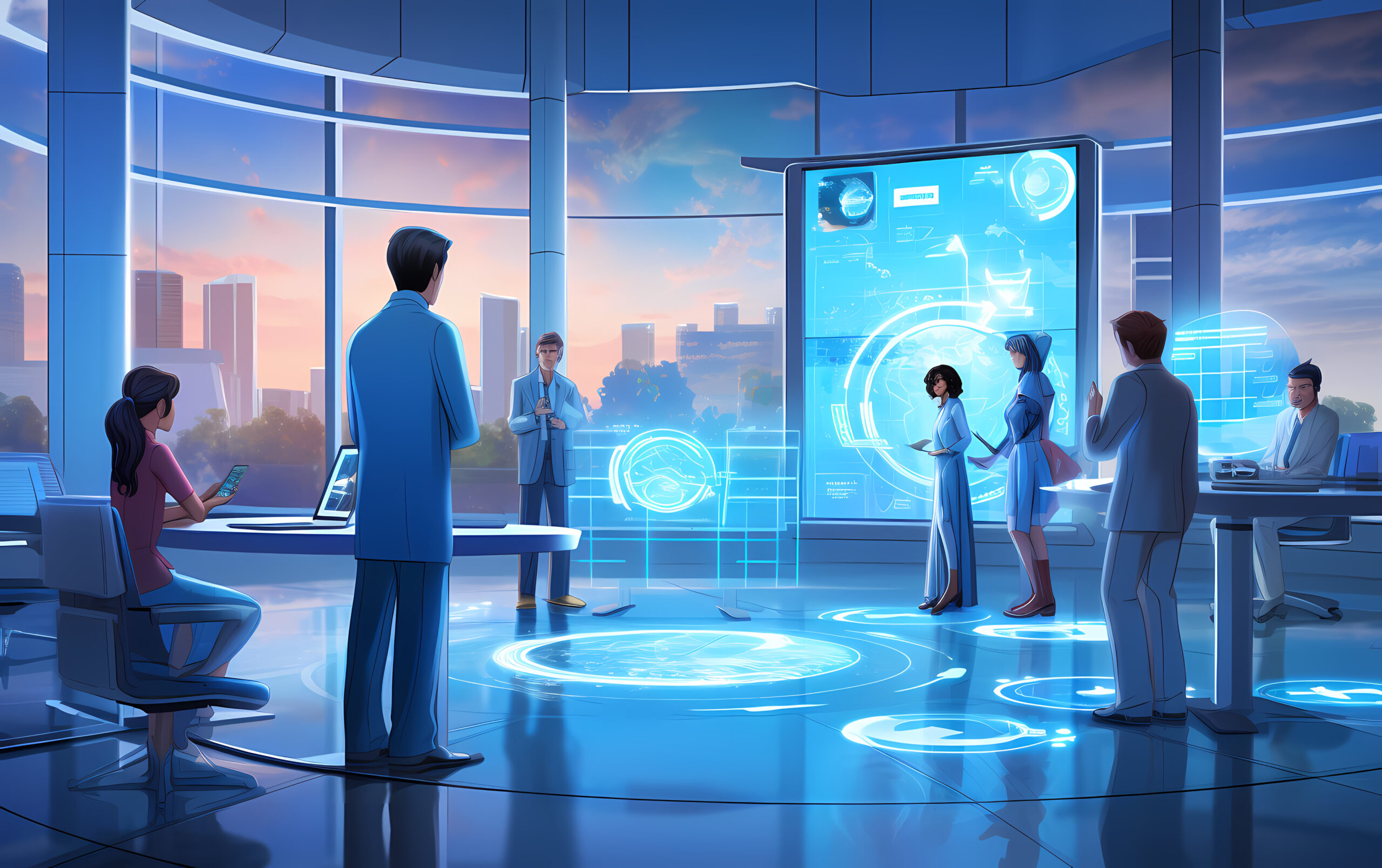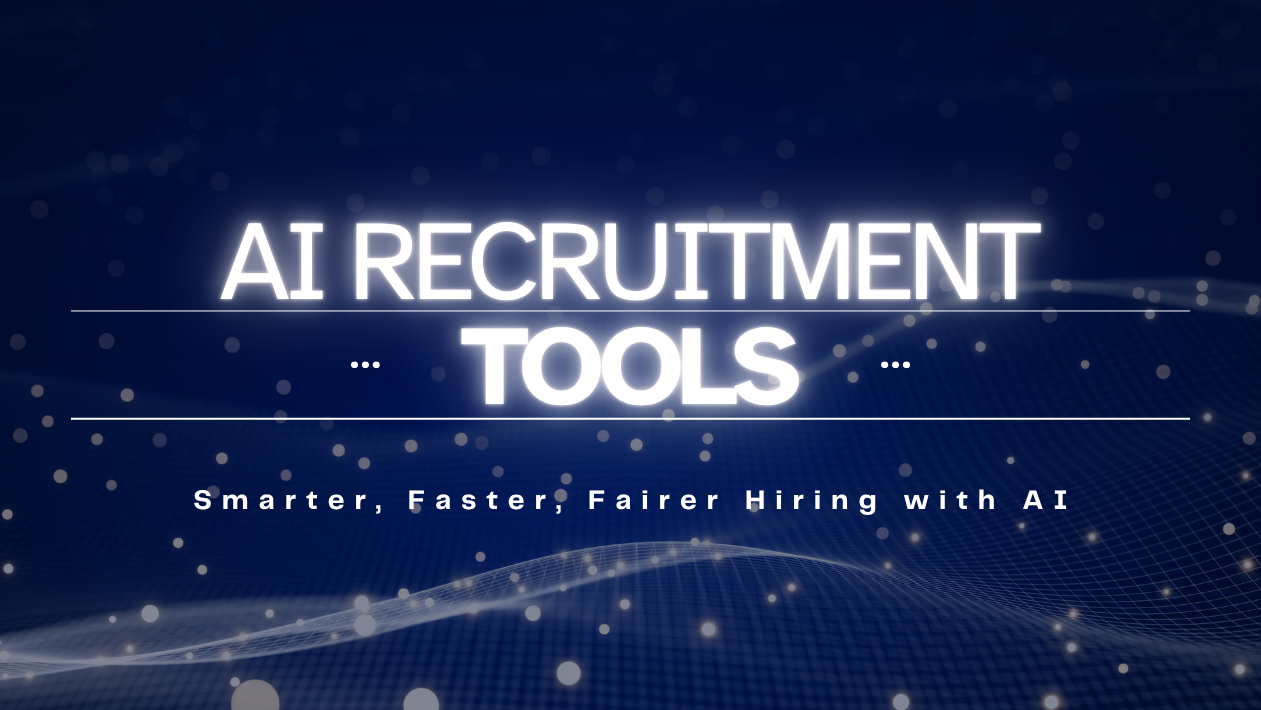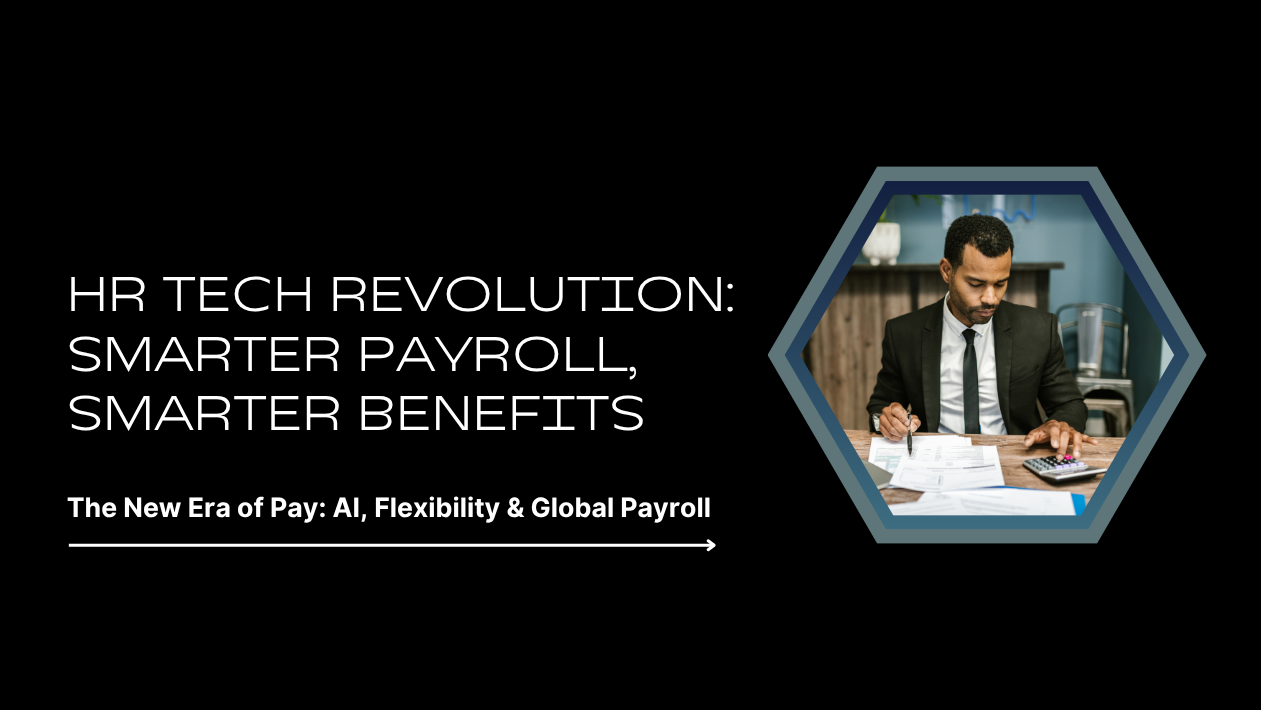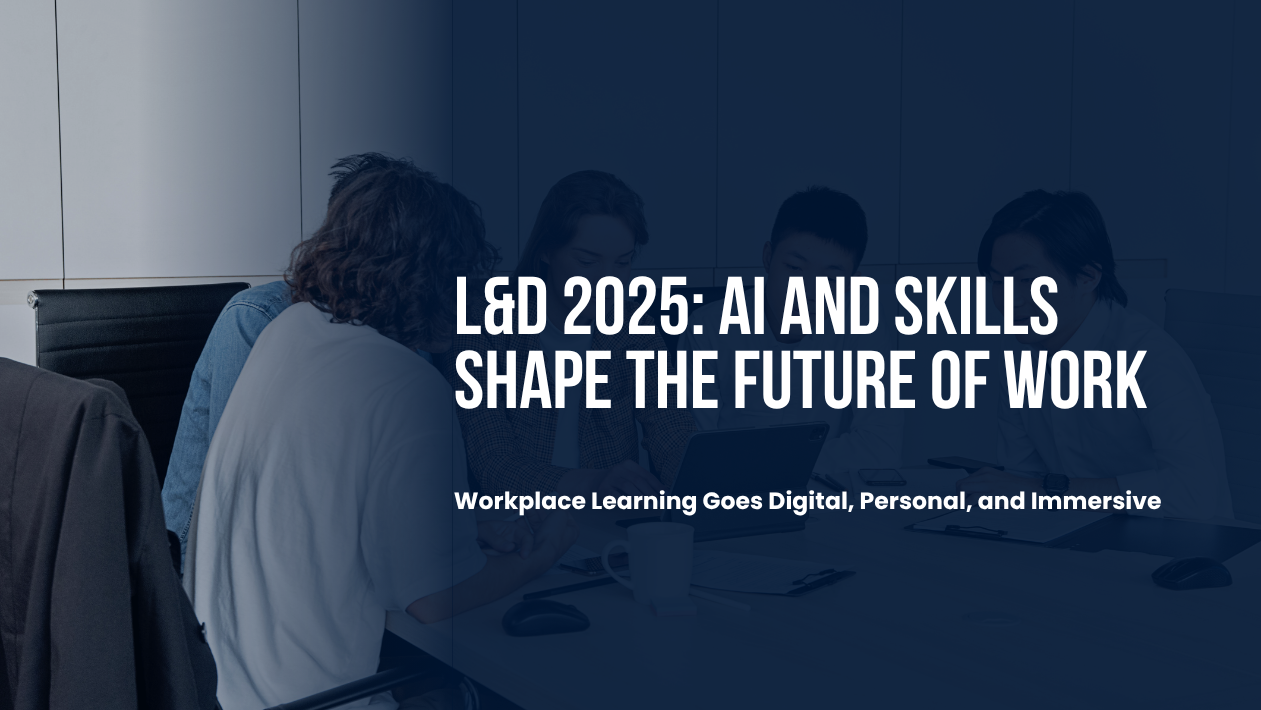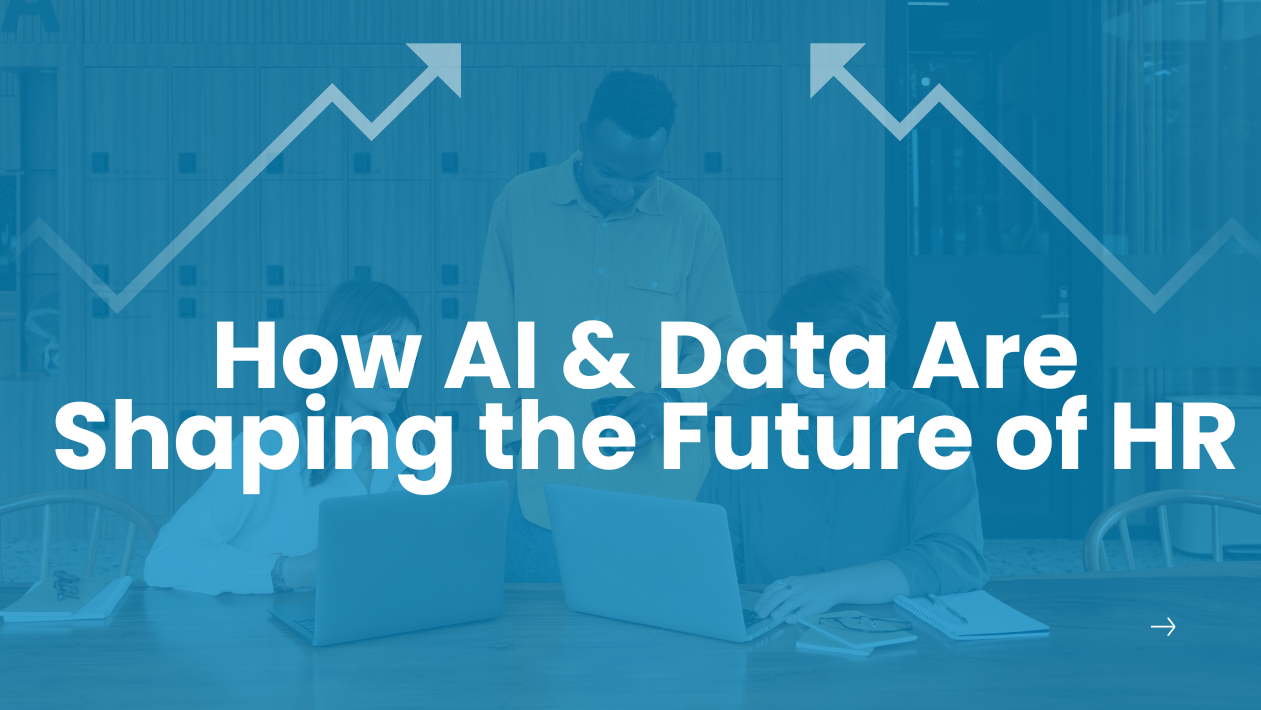In a rapidly evolving workplace landscape, employee engagement has become a top priority for organizations seeking to attract, retain, and motivate talent. In 2025, the focus has shifted beyond perks and compensation to a deeper investment in meaningful work, flexibility, recognition, and employee well-being.
A recent report by Gallup shows that companies with high employee engagement levels outperform their peers by 23% in profitability and 18% in productivity, reaffirming the value of a motivated workforce.
AI and People Analytics Enhance Real-Time Engagement Tracking
Advanced HR analytics platforms and AI-driven tools like Culture Amp, Peakon, and Lattice are enabling organizations to measure engagement in real time through pulse surveys, sentiment analysis, and behavioral patterns.
These insights allow leaders to act proactively, identifying burnout risks, communication gaps, and team disconnects before they impact performance.
Hybrid Work Models Reinvent Flexibility and Autonomy
Post-pandemic, flexible work arrangements remain one of the top drivers of engagement. In 2025, successful companies offer choice-based hybrid policies, where employees have control over where and how they work.
This autonomy boosts motivation, reduces attrition, and supports diverse talent pools—particularly working parents, caregivers, and neurodivergent employees.
Purpose-Driven Work Increases Employee Loyalty
Today’s workforce—especially Gen Z and Millennials—prioritize mission-aligned organizations. Employees want to feel that their work contributes to a greater social, environmental, or cultural impact.
Companies that clearly communicate their purpose and align it with day-to-day roles see higher engagement, advocacy, and innovation levels.
Recognition and Growth Opportunities Build Motivation
Regular recognition—both peer-to-peer and top-down—remains a powerful engagement tool. Platforms like Bonusly, WorkTango, and Kazoo are helping teams celebrate wins, milestones, and efforts through real-time recognition and rewards systems.
At the same time, learning and development (L&D) opportunities, mentorship programs, and career mobility are essential to keeping employees energized and invested.
Employee Wellness and Mental Health Are Core Strategies
In 2025, employee engagement strategies include mental health support, burnout prevention, and wellness benefits as standard offerings. From access to therapy apps and digital detox programs to paid mental health days, companies recognize the link between well-being and performance.
Wellness isn’t a perk—it’s now seen as a core engagement driver.
DEI and Belonging Initiatives Strengthen Team Cohesion
Diversity, equity, and inclusion efforts are no longer optional. Organizations are prioritizing inclusive leadership training, employee resource groups (ERGs), and transparent pay equity audits to foster a culture where everyone feels seen, heard, and valued.
This sense of belonging is crucial to fostering trust, collaboration, and long-term loyalty.

